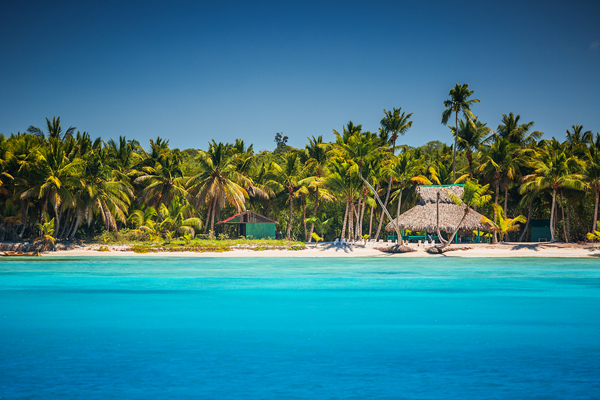
The healthcare system in Punta Cana, Dominican Republic, is a mix of public and private services. The quality and accessibility of healthcare can vary, with private healthcare often being the preferred choice for expats and tourists.
Dominican Rep’s Healthcare System
The public healthcare system in the Dominican Republic is known as the Servicio Nacional de Salud (SNS). While it is available to foreigners, it is often not the first choice due to the limited resources and long waiting times. Public hospitals in Punta Cana are typically not recommended for serious medical emergencies or major surgeries. The experience at a public hospital can be quite different from what one might expect in a developed country, with overcrowded facilities and a lack of English-speaking staff. On the other hand, private hospitals are often used by expats and are generally recommended for serious medical emergencies and major surgeries. Private hospitals in Punta Cana offer a higher standard of care, with modern facilities and English-speaking staff.
Hospitals and Clinics for Expats in Punta Cana
There are several recommended clinics and hospitals in Punta Cana, including:
- Hospital IMG – a private hospital located in Bavaro.
- Hospiten Bavaro – a private hospital specializing in a wide range of medical services, located in Punta Cana.
- Centro Medico Punta Cana – a private medical center located in Punta Cana.
Emergency Services in Punta Cana
There are ambulance services available in Punta Cana. In case of an emergency, you can dial 911 for an ambulance. However, response times can vary and there may be delays, particularly in more remote areas.
Health Insurance Companies in Punta Cana
There are several popular private health insurers in Punta Cana, including Universal, Humano, and Monumental. These companies offer a range of coverage options, from basic to comprehensive plans. However, many expats and digital nomads opt for specialized expat health insurance providers, which offer coverage that is more tailored to their needs and often includes international coverage.
Insider Tips from Expats in Punta Cana: Health Care
“I’ve been living in Punta Cana for a while now, and I can tell you that it’s definitely possible to live comfortably on $5,000 a month, especially if you’re used to modern amenities. However, there might be some sacrifices you’ll have to make to ensure you stay within your budget.Firstly, you’ll want to consider the neighborhood you choose to live in. Some of the more affordable neighborhoods in Punta Cana include El Cortecito, Los Corales, and Bavaro. These areas have a mix of locals and expats, and you can find decent apartments or houses for rent at reasonable prices. On the other hand, neighborhoods like Cap Cana and Cocotal Golf & Country Club are more upscale and expensive, so you might want to avoid those if you’re trying to stick to your budget.When it comes to transportation, owning a car can be quite expensive due to high import taxes and gas prices. Instead, you can rely on public transportation like buses or motoconchos (motorcycle taxis), which are quite affordable. Alternatively, you can also consider renting a scooter or a small car for a more convenient mode of transportation.Eating out can also be a significant expense, especially if you’re dining at touristy restaurants or high-end establishments. To save money, try eating at local eateries called “comedores” or cooking at home using fresh produce from local markets. You’ll find that the cost of groceries is relatively low, and you can enjoy delicious, home-cooked meals without breaking the bank.As for entertainment and leisure activities, there are plenty of affordable options in Punta Cana. You can enjoy the beautiful beaches for free, or take part in outdoor activities like hiking, snorkeling, or exploring nearby towns and attractions. However, you might have to cut back on more expensive activities like golfing, spa treatments, or frequenting high-end bars and clubs.In terms of healthcare, the Dominican Republic has a public healthcare system, but the quality of care can be inconsistent. As an expat, you’ll likely want to opt for private healthcare, which can be more expensive. To save on healthcare costs, consider getting an international health insurance plan that covers you in the Dominican Republic.Overall, living comfortably on $5,000 a month in Punta Cana is achievable, but you’ll need to be mindful of your spending and make some sacrifices in terms of housing, transportation, and leisure activities. By choosing an affordable neighborhood, relying on public transportation, and enjoying local cuisine and attractions, you can make the most of your time in this beautiful Caribbean destination,” commented an expat living in Punta Cana.


